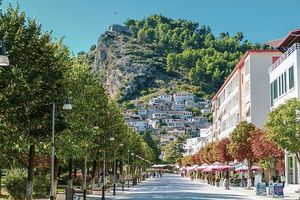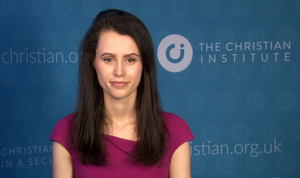Early last year, Albania erupted into violence and anarchy, and by July most of the major cities apart from Tirana were controlled by gangs. All major roads were plagued with robberies and murder, making travel very hazardous. Many lost their lives, many more their property, and many were seriously injured. By September the general civil situation was improving as the authorities made numerous arrests of criminal gang members and collected a large number of weapons. Things are now more or less normal.
At the same time, people became more open to hearing the gospel. The church in Albania held together firmly, and sought to be light in a dark place, with many stories of individual heroism and commitment. In one town it could take two hours to complete the five-minute walk from the missionary’s home to the chapel because of the number of people wishing to talk. Their Easter church services were repeated three times because of the numbers wishing to come. In August their first baptisms were held in a bathtub-like container in the yard behind the chapel. Two buses came with believers from five other places, and thirty-two were baptized.
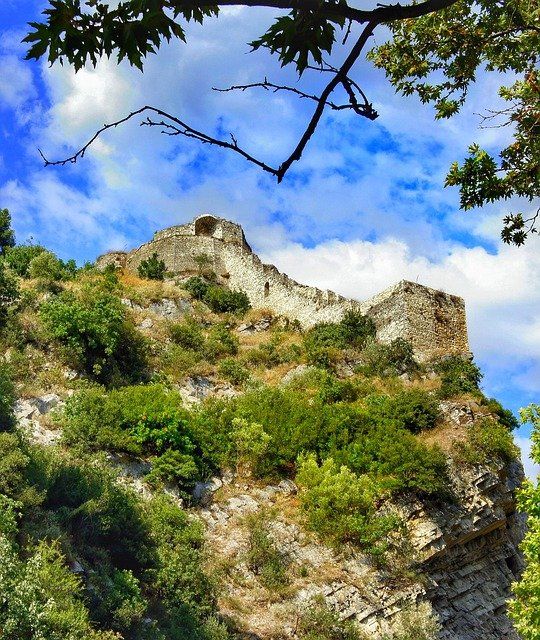
When the missionaries in a nearby town left Albania, an Albanian continued the work at great personal risk, travelling through areas controlled by bandits, who regularly beat and stripped their victims. He still ministers there to six or seven people meeting in a home. There must now be many small churches without pastors in Albania, while in other places the gaps left by missionaries are being filled by Albanians. Some are trusting more deeply in God now that there are no foreigners to turn to with their problems. This also means that there are men doing the job of pastors without prior training or present financial support.
Recently in Tepelene I visited the remains of the church congregation left by missionaries who departed in the troubles and have not returned. The church has about fourteen in attendance, and is led by a Gypsy woman aged twenty. She said they have no preacher or teacher, and pleaded with us to send an Englishman to pastor them, but the labourers are few and we have no one. In another town, although the church found a degree of normality under Albanian leadership, many of the believers felt deserted by the missionary community, who left en masse after the troubles began.
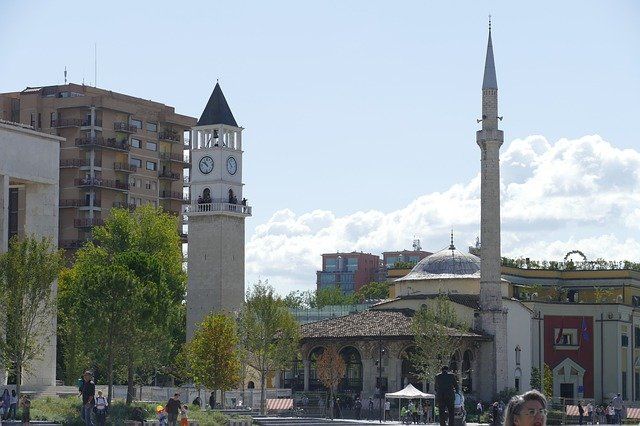
A report by Bryan Owen records that ‘Most Catholic and Orthodox clergy have stayed at their posts throughout the violence. Most Protestants did not, and this has become a matter of some discussion in Tirana. The Protestant leadership themselves recognize that foreigners who return will find that they will not be able to take up where they left off. For the last few months congregations have been led by Albanian pastors who will not readily give up their new leadership rôles. Foreigners will now have to learn to act in support of the Albanian leadership. Some may find they cannot do that. However, because it was largely the Protestant foreigners who left the country there is in some areas a feeling of resentment against them, and this is a matter that will need careful handling in the months ahead.’
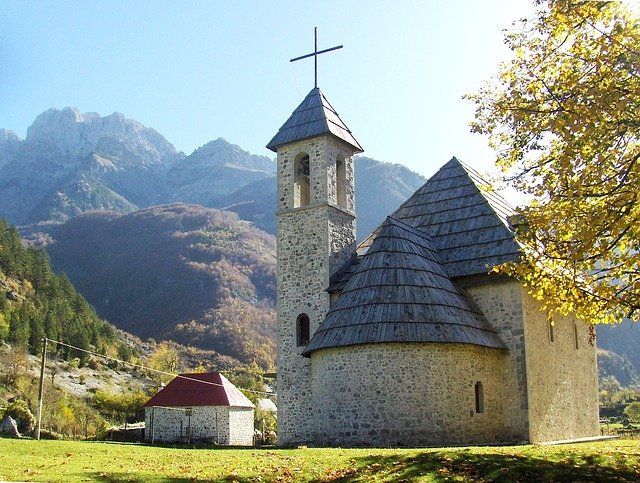
A missionary wrote, ‘Although I too am sad that many evangelicals left while the Roman Catholics and Orthodox remained, it has thrown the mantle of leadership on to the Albanians. That is a good thing, though no one would have chosen those kind of circumstances under which to do it. Many missionaries should see it as an opportunity to let the Albanians take over, and to switch to training these new leaders as their major focus. Out of it all we may well see a more mature and stronger church, with rôles having changed positively. History may well record that this has been a watershed in the life of Albanian evangelicalism.’ There are four urgent needs.
1. We must try to reverse the impression that the departure of so many evangelical workers must have made on the Albanian church and population. Surely we must humble ourselves, set our hands to the plough and remain loyal.
2. We must plead with God to thrust forth new long-term missionaries to fill the gaps left. Workers are especially needed for evangelism, pastoring and teaching.
3. We must begin the training and equipping of Albanian leaders for the Lord’s work.
4. We must pray for the government, that they will create lasting stability as a background against which the church may continue its life, worship and witness.

